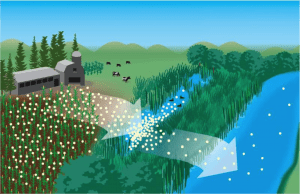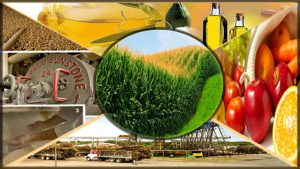 The pedogenic processes, although slow in terms of human life, yet work faster than the geological processes in changing lifeless parent material into true soil full of life.
The pedogenic processes, although slow in terms of human life, yet work faster than the geological processes in changing lifeless parent material into true soil full of life.
The pedogenic processes are extremely complex and dynamic involving many chemical and biological reactions, and usually operate simultaneously in a given area.
One process may counteract another, or two different processes may work simultaneously to achieve the same result.
Different processes or combination of processes operate under varying natural environment.
The collective interaction of various soil forming factors under different environmental conditions set a course to certain recognized soil forming processes.
The basic process involved in soil formation (Simonson, 1959) includes the following.
Gains or Additions of water, mostly as rainfall, organic and mineral matter to the soil.
Losses of the above materials from the soil.
Transformation of mineral and organic substances within the soil.
Translocation or the movement of soil materials from one point to another within the soil. It is usually divided into
movement of solution (leaching) and
movement in suspension (eluviation) of clay, organic matter and hydrous oxides
Original Article Here







